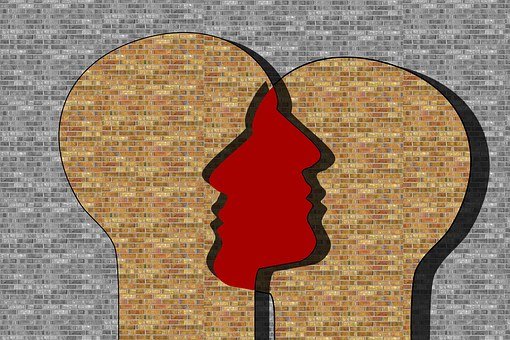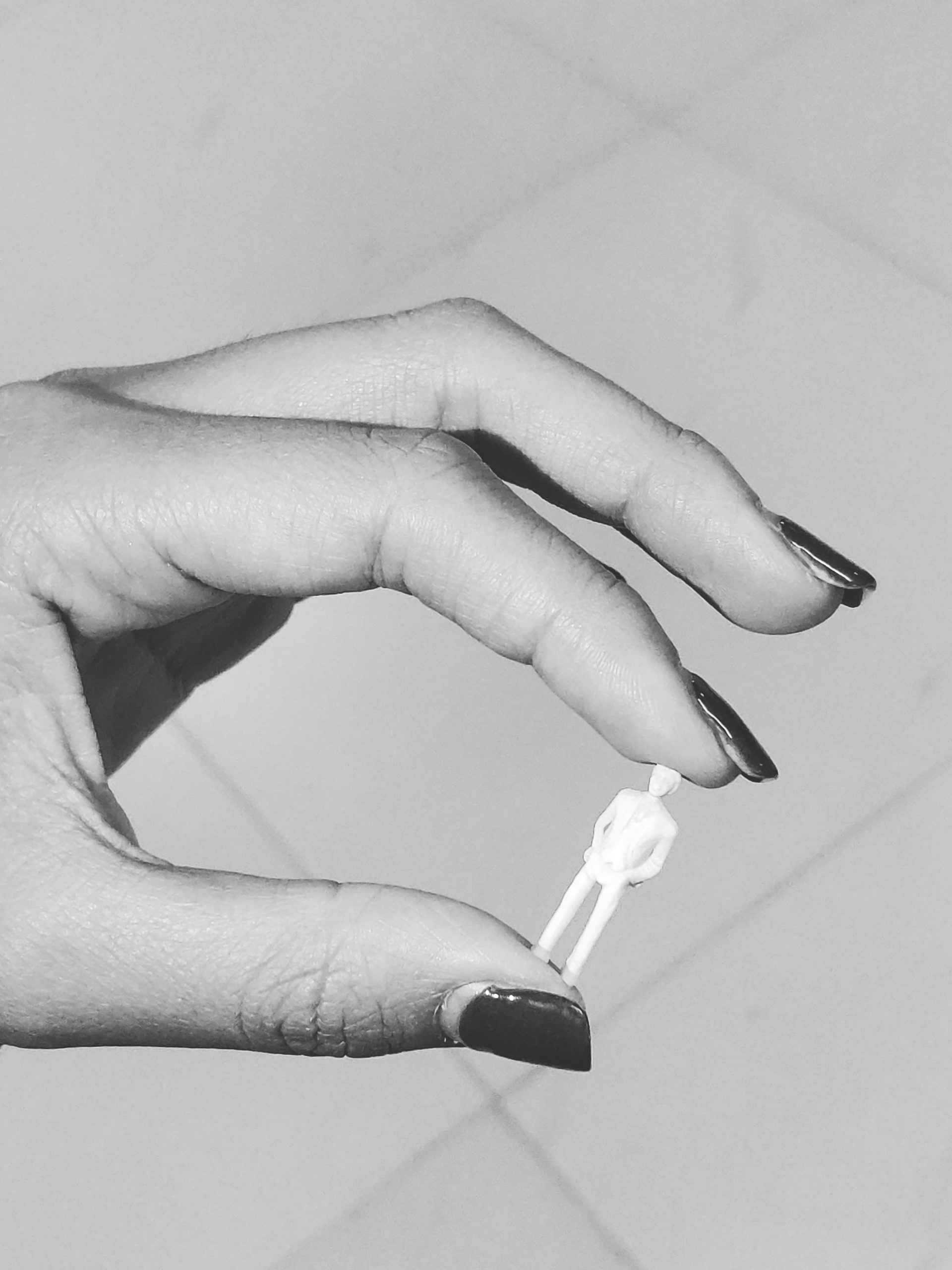blog
Discovering the Wisdom of Trauma – with Dr Gabor Maté
I recently had the privilege of attending a retreat entitled ‘Discovering the Wisdom of Trauma’ with Dr Gabor Maté, a physician with a special interest in childhood development and trauma (and of course, the two are closely related).
How trauma might manifest
Dr Maté’s work with individuals during the retreat was both humbling and moving, as was those individuals’ courage. The event left me very reflective, including about the wisdom of trauma itself, and what it can offer us. One of its gifts is that it usually has a long history and can usefully lead us back to the source: frequently manifesting in the body in a wide variety of ways, it is a living expression of a life-changing experience that often can’t be expressed in words but is a fundamental – and literally visceral – part of an individual’s identity. It may well be something that the individual has never consciously known before.
The range of manifestations is endless, including addictions, anxiety, physical pain, illness, problems with sleep, problems with relationships, and repeating patterns of behaviour which are counter-productive but which the individual doesn’t seem able to change.
When we need to say no
When we need to say no, but we don’t know how (and this can come from obligations or pressure to behave in a certain way, or make certain choices, imposed in childhood by an adult, who inevitably has greater power) our bodies will say no for us, perhaps by creating pain or illness that seems uncontrollable.
Powerlessness ensures the child’s survival
When a child is physically or emotionally abused but doesn’t feel safe to share their story, they may (unless they get help) go through the rest of their lives feeling powerless, unquestioningly compliant and unable to stand up to authority. Such behaviour as a child is perfectly appropriate, and indeed the most effective behaviour to have chosen in the circumstances, because it would have been too risky to claim any power: indeed, being powerless ensured their survival. However, while such responses ensured their survival in childhood, they may be left with a lack of agency in their adult lives which is actually working against them.
Multigenerational trauma – and compassion
Trauma is often multigenerational and can be epigenetic – not only may messages be passed down explicitly (such as when Holocaust survivors recount their experiences to their children), but it can also cause changes that affect the way our genes work: in other words, it can actually be inherited. That inherited trauma can get in the way of compassion for oneself or others. When the individual is facilitated to become aware of their compassion, they also become aware of physical sensations which can illuminate resources that they never realised were available to them.
External support
Indeed, trauma cuts us off from external support. And the lack of external support in the presence of an experience which the individual (or individual child) can’t contain can also be seen as a defining feature of trauma. To overcome that experience of lack of support later in life we may look for external support in the shape of addictions to substances or activities. When we engage mindfully (and that might take courage) with the lack of external support, sources of internal support may become evident through noticing what’s going on in our bodies. By recognising and acknowledging those of our reactions that kept us safe in childhood, we can choose not to keep enacting them in adulthood.
Where trauma shows up
While trauma may be evident in the case of people who have undergone experiences which may be obvious causes of suffering (such as bereavement, abuse, relationship breakdown, deprived childhood or poverty, boarding school, war and terrorism, flight from one’s home etc etc), trauma may also occur in more benign-looking circumstances: parents pushing their children to behave in certain ways or to achieve beyond what they are capable of, parental neglect of what the child or baby needs, a bullying boss, or an organisational culture which is impossibly demanding. It might be a single event or an ongoing situation.
Trauma is common
Trauma is astonishingly common. Despite appearances, the most apparently well-balanced, cheerful and obliging colleague may be hiding pain and distress which can get triggered and thus result in unexpectedly negative behaviour. The need for compassion and self-compassion, patience and acceptance, curiosity and tolerance is significant. What do you notice at work, about yourself and others?
Image by Gerd Altmann via Pixabay
Trauma
Trauma is a living expression of a life-changing experience that often can’t be expressed in words but is a fundamental – and literally visceral – part of an individual’s identity. The range of manifestations is endless, including addictions, anxieties, physical pain, illness, problems with sleep, problems with relationships, and repeating patterns of behaviour which are counter-productive but which the individual doesn’t seem able to change. Despite appearances, the most apparently well-balanced, cheerful and obliging colleague may be hiding pain and distress which can get triggered and thus result in unexpectedly negative behaviour. The need for compassion and self-compassion, patience and acceptance, curiosity and tolerance is significant. What do you notice at work – about yourself and others?
Read more »Belonging, identity and confidence in uncertainty
You might recognise a situation where an organisation’s strategy is unclear, poorly-defined, poorly communicated or in constant flux. In this context, the role and place of any individual in the organisation (and especially a new recruit) can be unclear. The criteria by which his or her performance is evaluated are also likely to be unclear or in flux, or even more unsettling, implicitly in flux. As a result his or her confidence, their sense of identity, and sometimes even confidence in their survival, take a knock. None of this is good news for performance or growth or development. Leaders can therefore begin to turn things round by being curious about what they could be more aware of, by enquiring into their reports’ experience, and by listening.
Read more »Fear and courage
Fear and courage are intertwined when it comes to leadership of self and others. Fear is inevitable and - if unchecked - inhibits and erodes performance, versatility and the creativity that can be crucial to address the challenge, complexity and uncertainty that are constants in the life of leaders. Courage isn’t inevitable, but it’s an invaluable resource when fear is present. Learn, experiment again with a small change in courage, keep learning, and keep experimenting.
Read more »The impact of kindness and compassion
The news emerged that Dame Clare Marx, Chair of the General Medical Council, was stepping down from her post, having been diagnosed with pancreatic cancer. She reflects on her career that ‘in my happiest moments, I felt respected, valued and listened to. I felt I belonged’. Her wish is that ‘every doctor and every patient experiences the compassion that defines first-class care’. It’s the humanity between colleagues and by leaders that can evoke either distress or joy, isolation or feeling part of something bigger. How would it be if all of us, as leaders, spent just a couple of minutes each day being aware and conscious of compassion, kindness and listening? Awareness is the crucial starting point for change.
Read more »Power and the leader
One of the most striking features of power is, it seems to me, how multi-faceted the topic is – and how richly the facets interrelate and intersect and interdepend. There are many and varied implications for the exercise of leadership, and leaders can benefit from reflecting on these. For instance, a variety of perspectives are afforded by looking at ‘my’ power, ‘your’ power, ‘our’ power, and the power in and of the system. Further, within each of these comes the contrast between personal power, the power afforded by title or status, and the nuances of the perception of power that arise in the presence or absence of fear or shame. power can be ‘power over’ or ‘power with’ – and the latter implies more sustainability through relationship and connection. Power, courage and compassion can go hand in hand.
Read more »Integrity and power
The client’s terms of engagement transgressed my own deepest values, including integrity. This kind of behaviour on the part of consultancies seems widespread. Further, the attendant disservice to the ultimate end user stems from the enforced compromise of professional integrity, and the imbalance of power is experienced by many of their associates to be abusive. As professionals, are we prepared to tolerate this kind of attitude, behaviour and lack of integrity inherent in the contracting from so many perspectives? Are we really powerless or can we find ways to bring our power respectfully to a rebalancing that will be in all our interests?
Read more »Peace, ease and fulfilment
I accept that it may make no sense to juxtapose a street sweeper's relatively simple situation with my clients’ complex roles and environments. On the other hand, I’m very curious about how leaders conceive of their responsibility (and opportunity) to design and embed working lives for themselves, their peers and their reports which release greater peace, trust, ease and fulfilment - and thus greater effectiveness. More than that, I worry about their health, their wellbeing and their longevity if leaders don't take that responsibility.
Read more »Integrity, safety and wellbeing
I’ve just done something I’ve never done before: I’ve handed back a 4-year contract. At the heart of my decision was an inability to tolerate a client’s terms of engagement – both the formal, explicit terms, and the informal, implicit terms. My deepest values (integrity, professionalism, honesty, care for the coachee experience, respect, acknowledgment, being heard) were compromised. I felt deeply unsafe: my trust in the client was entirely absent. What was happening was moral injury, and the experience was threatening my wellbeing by demanding that I don’t behave in integrity – and I can only maintain my wellbeing if I’m behaving in integrity. I’ve learnt too that doing what matters deeply to me is a significant enabler of tough decisions and tough actions.
Read more »'I' or 'we' as a model for leadership?
What happens when a leader or a nation sees the future not through a lens of relationship, action and impact, but through a lens of isolation, cutting off supply routes of collaboration and support? Is this the model of leadership that we really need? ‘You’ and ‘yours’ can actually be the route to ‘me’ and ‘mine’ if only we choose to look through a broader lens. As a coach, I may enquire with a coaching client more explicitly into the implications of ‘I and we’ in contrast with ‘I or we’, at individual level, team level, organisation level and beyond. Putting ‘I’ before ‘we’ risks shutting off not only precious resources but also risks shutting off precious rewards. ‘We’ before ‘I’ might lead to rewards we hadn’t dreamed of.
Read more »Coaching through COVID and BMJ Leader
I'm privileged to have had a blog published in BMJ Leader, published in BMJ Leader, one of the publications in the BMJ (British Medical Journal) stable. The blog focuses on the very particular leadership style that characterises Coaching through COVID, the pro bono coaching programme for NHS and care sector staff who are directly impacted by COVID, and particularly those who don't nomally have access to coaching, from doctors and nurses to porters, cleaners, pharmacists, physiotherapists and many others, who are experiencing anxiety, uncertainty, threats to their personal safety and that of their families from contracting COVID-19, distress, trauma, exhaustion and much else.
Read more »











